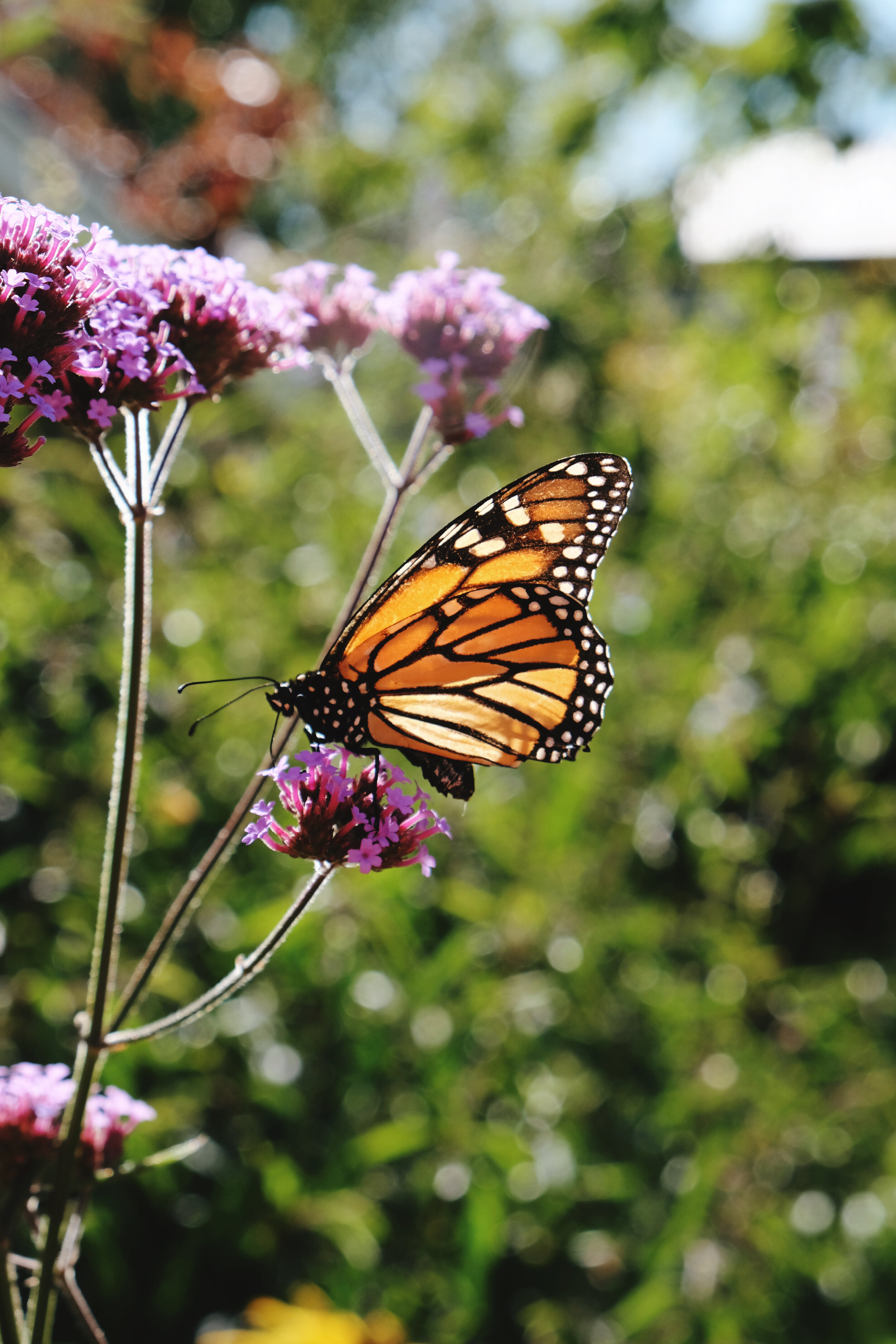Finding refuge in the garden
/I don’t need to recap the surreal, edgy feelings that are touching us all at the moment.
Even prior to last week’s snap Covid-19 stay-at-home orders, we had watched the tragic fall of a nation to a repressive regime in Afghanistan, a massive life-taking earthquake in Haiti and raging fires and flooding around the globe.
In short, the life we can’t control at the moment is incredibly intense. That’s just this month.
Before I took up gardening, my response would have been exploring the hidden gems section on Netflix. But I found myself nodding in agreement with everyone who declared “I’m off to the garden” when the lockdown was announced. I know there is no better place than the garden to empty the mind.
Since I started writing this column nearly a year ago, it’s been a rare occurrence for me not to make reference to the personal refuge I have found in gardening, both in the ‘doing’ and the results.
Recently I wrote to some of my growing mentors and asked them how their gardening passion has benefited their life. By and large, every reply, no matter how brief or lengthy, returned the same response. Collectively, they spoke of the therapy found in caring for their plants, and the satisfaction in the resulting produce and atmosphere – all resting on the profound positivity in connecting with nature.
It was in their descriptions of walking barefoot in spring dew, in enjoying the birdsong and bee activity within the habitats they have created, and in playing witness to the blooming of plants and the shifting of seasons. The delicious feeling of being physically sapped at the end of a busy day spent outside was mentioned by all. Words like saviour, gratifying, joy, creativity, order, healing, education, rewarding, renewal and happiness floated from these accounts. If I was to summarise these gardeners’ enthusiastic reports, it was that they had found their source of ‘calm’.
They had found their source of ‘calm’.
Reassured that my response to gardening matched those of my heroes, I decided to look further into the concept of nature providing comfort and healing to human minds. I’m currently half-way through The Well Gardened Mind by Sue Stuart-Smith, a psychiatrist, gardener and wife to one of the UK’s most revered landscape architects and garden designers, Tom Stuart-Smith.
Despite not quite yet finding the flow, I have enough turned over pages to be a librarian’s worst nightmare. And this is because every point she presents I can 100 per cent get on board with! I agree because I feel that I know.
“In tending a plot and nurturing and caring for plants we are constantly faced with disappearance and return. The natural cycles of growth and decay can help us understand and accept that mourning is part of the cycle of life and that when we can’t mourn, it is as if a perpetual winter takes hold of us,” Stuart-Smith writes.
She also sites a Danish study allocated groups of people with diagnosed stress disorders into two treatment plans, she recounts. One undertook a 10-week course of cognitive behaviour therapy and the other gardened, just a few hours a week. The research concluded that the horticultural course arrived at a similar level of benefit to the patients as the evidence-based therapy.
“As important as they are, research trials like this cannot capture the full range of horticulture’s beneficial effects. Gardening is unusual in the extent to which it encompasses the emotional, physical, social, vocational and spiritual aspects of life,” Stuart-Smith writes.
Stuart-Smith touches on the fact that the short timeframe of the study perhaps misses the true long-term healing benefits of gardening as reflected in her observance of an adult patient called Grace. Suffering long term anxiety and depression triggered by trauma, as a non-gardener, Grace was introduced to a therapeutic gardening group. On harvesting produce for the first time, she shared “It makes a huge difference to see things from start to finish and know that you put the effort in to make it grow”.
Stuart-Smith expanded by pointing out “The prospect of caring for something outside yourself can feel like it will be a drain on your energy, which is more or less what Grace had previously assumed. The contemporary emphasis on self-improvement and self-investment can make care seem like a depleting activity because it requires putting in effort for something other than ourselves. Whilst there is no denying that highly demanding forms of care can be exhausting, caring activities are associated with important neurochemical rewards. The feelings of calm and contentment that accompany nature have benefits for the giver and receiver alike and there are obvious evolutionary reasons why this should be so”.
I found myself nodding in understanding to every single word.
Other books focus on the rewards of nature and gardening too. Derek Jarman’s diarised account, in Modern Nature, of creating a garden in an extremely desolate environment in response to a devastating HIV diagnosis. My current read, borrowed from my neighbour - War Gardens by Lalage Snow profiles the force of the human spirit seeking to create space and find nature even under repression and threat. And Willow Crossley’s The Wild Journal, an accessible seasonal guide to connect with nature through simple, sometimes creative, sometimes mindful activities.
I inch through these books because they reinforce what I have already discovered. They are written by gardeners who like me, and probably you, “get it”. They are preaching to the converted if it is other gardeners they are writing for, but it’s become obvious to me that they are not.
Like me, in writing this column, they want to pull back the curtain on the wonders of gardening for anyone who’ll listen. These are the books to leave like a dangling hook on the bedside table of your spare bedroom, or surreptitiously gift as a Christmas prezzie to non-gardening friends and family.
In this weird time, I know that you will be distracted with pruning your hydrangeas and excitably stopping to admire your first daffodils. Some people will have acres of mature trees and beds coming to life, while others will find solace in sowing seed trays that balance on their apartment balcony.
The more I consider the benefits of gardening, the more I feel the size or quality doesn’t equal more joy. Just having something to care for seems to be the power in it all.
This is an expanded version of the article featured in my Stuff ‘Homed’ gardening column for beginners , The Press, Dominion Post and other regional papers on August 26th 2021
All words and images are my own, taken in my home and garden in Christchurch, New Zealand unless otherwise captioned.






